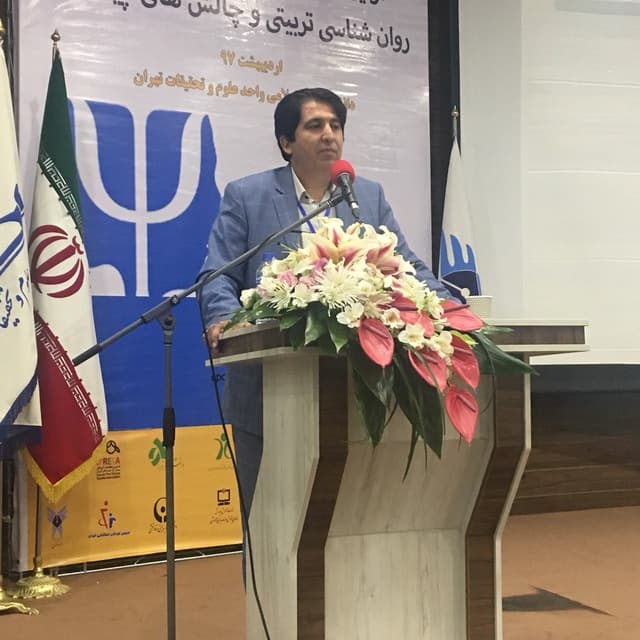The Effectiveness of Emotional Intelligence Training on Alexithymia Components in Students with Learning Disabilities
Keywords:
Emotional intelligence, Alexithymia, Learning disabilities, Intervention, Emotional awareness, Educational psychologyAbstract
Objective: This study aimed to investigate the impact of emotional intelligence training on reducing alexithymia symptoms in students with learning disabilities.
Methods and Materials: The study employed an experimental design with a pretest-posttest framework and a control group. Sixty middle school students diagnosed with learning disabilities and alexithymia were randomly assigned to experimental (n = 30) and control (n = 30) groups. The experimental group participated in an 8-week emotional intelligence training program, consisting of 16 sessions focusing on self-awareness, emotional regulation, empathy, and relationship management. Data were collected using the Bar-On Emotional Quotient Inventory (EQ-i) and the Toronto Alexithymia Scale (TAS-20). ANCOVA and descriptive statistics were used for data analysis.
Findings: Results revealed significant improvements in the experimental group compared to the control group. Posttest scores for the experimental group showed an increase in emotional intelligence (M = 90.23, SD = 4.89) and a reduction in alexithymia symptoms, including difficulty identifying emotions (t = 45.56, p < .001) and difficulty describing emotions (t = 48.26, p < .001). ANCOVA results demonstrated a significant difference between the groups, with a large effect size (η² = 0.74). The control group showed minimal changes in both emotional intelligence (M = 83.95, SD = 5.28) and alexithymia symptoms.
Conclusion: The findings indicate that emotional intelligence training is an effective intervention for reducing alexithymia symptoms and enhancing emotional competencies in students with learning disabilities. These results support the integration of emotional intelligence training into educational and therapeutic programs to improve emotional and social outcomes in this population.
Downloads
Downloads
Published
Submitted
Revised
Accepted
Issue
Section
License
Copyright (c) 2025 Raziyeh Kahani (Author); Davoud Manavipor (Corresponding author); Mojtaba Sedaghati Fard (Author)

This work is licensed under a Creative Commons Attribution-NonCommercial 4.0 International License.













